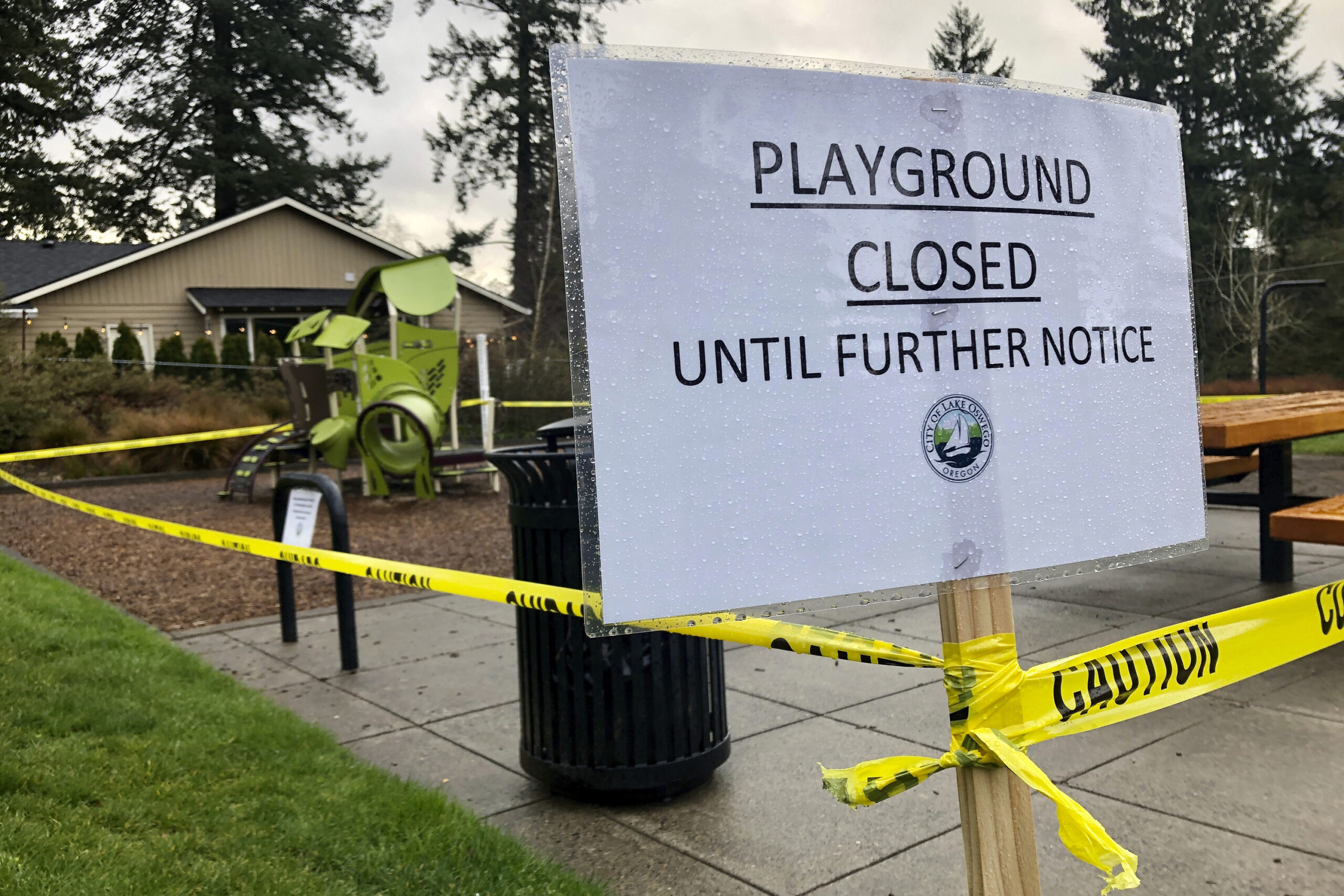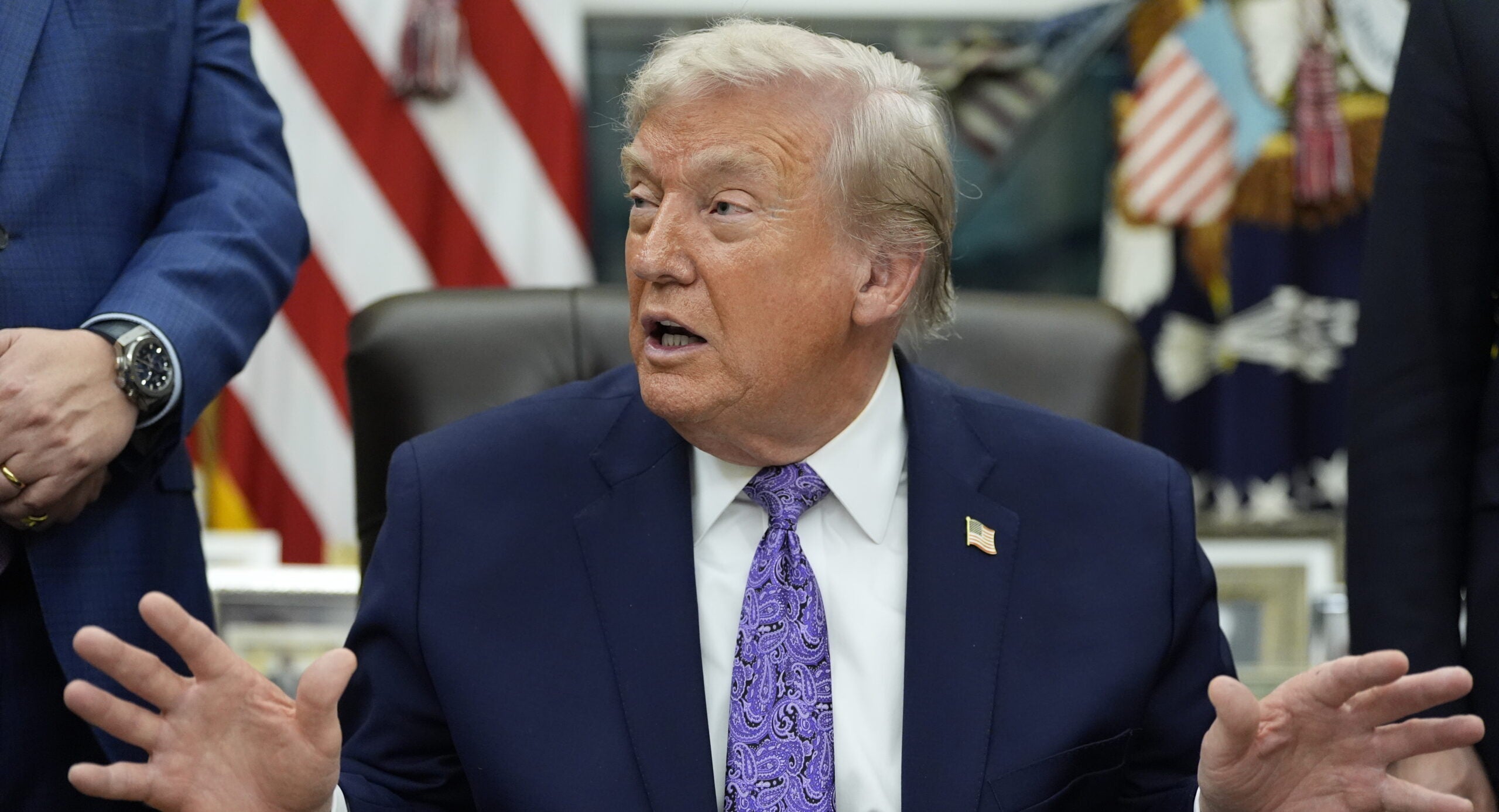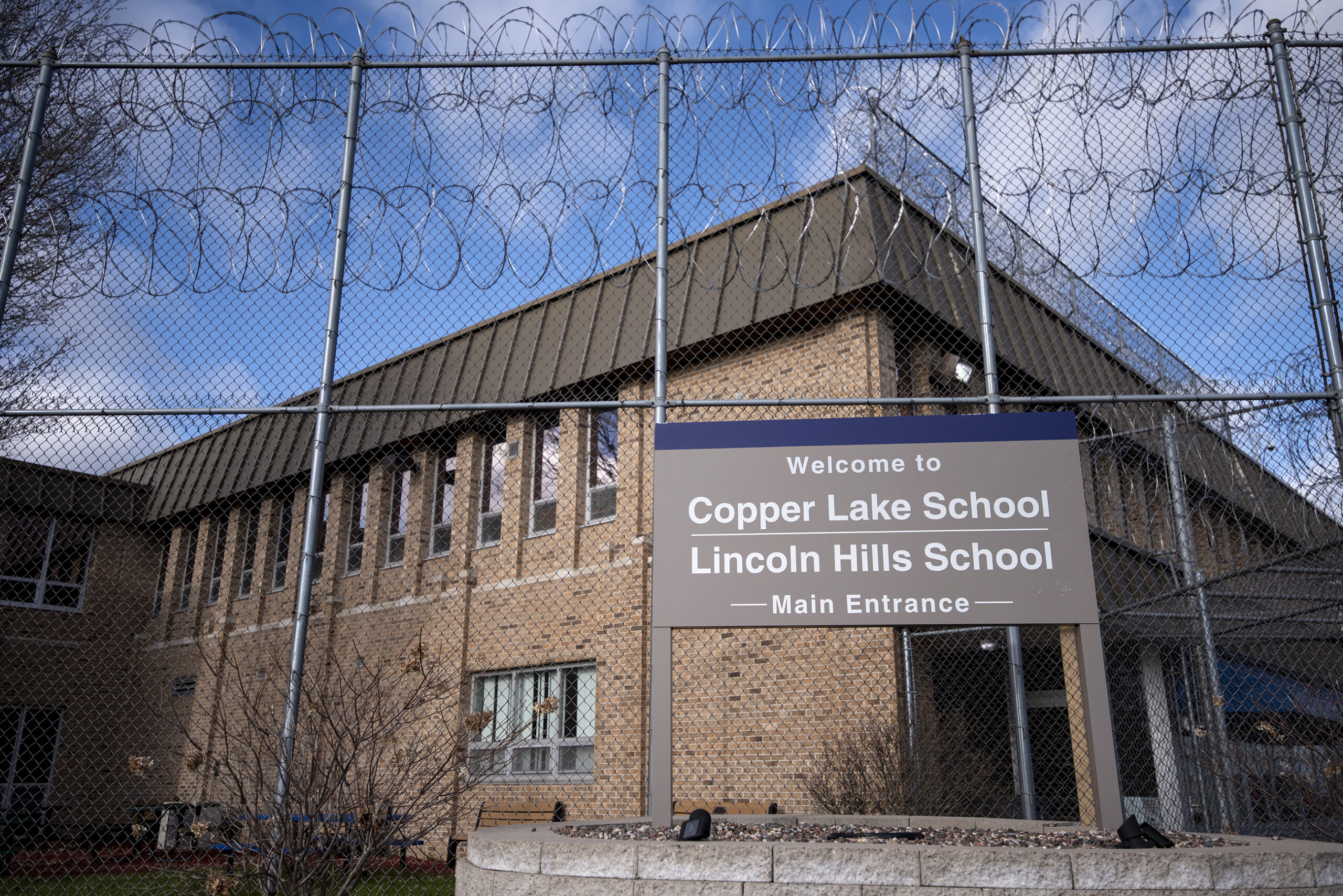Editor’s note: The state Supreme Court struck down Gov. Tony Evers’ stay-at-home order on Wednesday, May 13. The ruling nullifies most of the restrictions imposed by the Evers administration, allowing businesses of all sizes to reopen and reopen without social distancing requirements. However, Wisconsin schools remain closed. After the ruling, numerous local governments took public safety measures into their own hands and have announced they will continue to follow the administration’s stay-at-home order. The below information applies only to those communities, some local governments have different expiration dates for the end of their local stay-at-home orders or have modified the guidelines slightly.
News with a little more humanity
WPR’s “Wisconsin Today” newsletter keeps you connected to the state you love without feeling overwhelmed. No paywall. No agenda. No corporate filter.
Wisconsin is now under an order from state government to “stay at home” to slow the spread of the new coronavirus. It’s an historic step, one that will restrict peoples’ lives in ways they might have previously not imagined.
Gov. Tony Evers said he’d hoped to avoid an order like this one, but he changed his mind after hearing health care professionals tell him it was the only way to slow the spread of COVID-19.
The original stay-at-home order took effect on March 25 and lasts until Friday, April 24. Last week, Evers ordered state Department of Health Services Secretary Andrea Palm to sign another executive order extending the stay-at-home rules — but included minor changes allowing certain activities to start up again. The new order is set to in place until Tuesday, May 26.
State Republican lawmakers have asked the state Supreme Court to block the extended order, telling justices that Evers’ administration broke the law in its effort to stop the spread of COVID-19.
Under the extended order, all public and private K-12 schools will remain closed for the rest of the school year.
The updated restrictions are spelled out at length in an emergency order. It’s a searchable document, so you can look for specific terms and see how they’re treated.
Here are some frequently asked questions about the order, many of which were sent through WHYsconsin.
When does the stay-at-home order take effect?
The original order took effect at 8 a.m. Wednesday, March 25. Under the new extended timeframe, it will now run until 8 a.m. Tuesday, May 26.
What’s banned now that was allowed before?
Evers had already ordered all bars and restaurants closed for everything but takeout and delivery. He also ordered schools closed statewide. Those restrictions continue.
But there are several new restrictions:
- All “public and private gatherings of any number of people that are not part of a single household” are now banned.
- Many places where people go to have fun are now off limits. Playgrounds are closed. So are amusement parks, carnivals, water parks, licensed public or private swimming pools, splash pads, aquariums, zoos, museums, arcades, fairs, children’s play centers, “funplexes,” theme parks, bowling alleys, movie theaters, concert halls, country clubs, and gyms and fitness centers.
- Team sports, like basketball, ultimate frisbee, soccer, or football, are prohibited.
- Crowds of 10 or larger are specifically banned at weddings, funerals and church services.
- Several categories of “non-essential” businesses must close. Those include clothing stores, sporting good stores, bookstores, shooting ranges, frisbee golf courses and malls. Under the original order, golf courses were closed. They will be allowed to open starting April 24, with more spread out tee times.
- People “must at all times as reasonably possible maintain social distancing of at least six feet from any other person” when they leave their homes.
Can I go outside?
Yes!
“Folks do not need special permission to leave their homes,” Evers said.
That’s not to say everything will be the same outside while all this is happening.
“If you have to leave your home, please stay 6 feet away from other people” Evers said.
On April 9, Evers ordered the closure of 40 state parks to prevent the virus from spreading.
“Unfortunately, growing difficulty with ensuring social distancing compliance, dwindling cleaning supplies and mounting trash are some of the challenges faced by our state parks staff,” wrote Evers in a press release.
Can I still go to a grocery store or pharmacy?
Yes. The state has stressed that businesses that sell food and prescriptions will remain open.
“No need to run to the grocery store and hoard food,” Evers said at a media briefing in March.
Grocery stores and pharmacies are on the list of “essential businesses” that will remain open.
What’s an “essential business?” In other words, which places can stay open?
The list of essential businesses is long. They include:
- Places that make or sell food, including bakeries, food banks, food carts and convenience stores, not to mention food and beverage manufacturers, and agricultural businesses.
- Places that make or sell alcohol, including breweries, brewpubs, wineries, distilleries, and alcohol beverage retailers.
- Health care businesses, or pretty much anything related to the health care industry. That includes long-term care employers.
- Gas stations and other transportation businesses, including auto shops and bicycle stores.
- Banks and other financial institutions.
- Hardware stores that sell electrical, plumbing, heating and construction material.
- Construction businesses and people employed in building trades, like plumbers, electricians, carpenters and laborers among others.
- Infrastructure businesses from road builders to water and electric utilities to cybersecurity. According to the order, this category “will be construed broadly to avoid any impacts.”
- >Lawyers, accountants, insurance agents, real estate agents and other “professional services” can remain open.
- Home-based care for seniors, adults, kids and people with disabilities.
- Mail and delivery services like UPS or FedEx, not to mention grocery delivery services.
- Laundry services including dry cleaners.
- Transportation businesses of all kinds, including airlines, taxis, rideshare companies like Uber and Lyft, and vehicle rental companies.
- Child care businesses can remain open as long as they have 50 or fewer kids at a time. They were covered in an earlier emergency order.
- Businesses that sell “work from home” supplies, and businesses that supply those businesses, are considered essential.
- Businesses that supply “essential businesses” can also stay open. This particular category is especially long.
- Other businesses are also exempt. You can search the full order to find out which ones.
What if I work at an “essential business,” but I don’t feel safe going to work because I’m at a higher risk of contracting a severe case of COVID-19?
WHYsconsin received several variations of this question. The short answer is that it’s up to employees and employers to work this out.
The stay-at-home order states that “elderly people and those who are vulnerable as a result of underlying health conditions should take additional precautions.” But those precautions are not required.
Evers was asked about these situations at a media briefing. Here’s Evers’ full answer:
“That’s certainly a conversation with that business owner and that employee. I believe our employers of the state and our employees have good working relationships and that they can figure that out at the business level. I would encourage business owners, however, to understand the seriousness of the situation. And an employee that is uncomfortable and concerned should — you may have to make some accommodations for that employee.”
Are any other businesses allowed to open?
The extended order includes a few minor changes allowing certain activities to open up again beginning April 24:
- Non-essential businesses will be allowed to do deliveries, mailings and curbside pickup.
- Libraries will be allowed to start curbside pickup of materials.
- Arts and crafts stores will be allowed to start curbside pickup of materials used to make masks.
- Aesthetic lawn care or construction is allowed as long as it’s done by one person.
What happens if a company that is required to close remains open anyway?
People who violate the order could face up to 30 days in jail, a fine of up to $250, or both.
Can I still travel across the Wisconsin border? Can people from other states still travel to Wisconsin?
Travel across state lines is still allowed.
Do I need a special driving permit for “essential” business?
No, you don’t need a special permit. You can drive anywhere you were allowed to drive before this order took effect.
“People will not be pulled over and asked,” said Ryan Nilsestuen, Evers’ chief legal counsel. “The order does not require people to have certifications or to have proof that they’re on essential travel.”
That said, Nilsesteun said he hoped most people would “do their part” and stay at home.
Can people who have elderly parents who live outside of their home check on them and bring them supplies?
Yes, although DHS Secretary Andrea Palm urged people to limit their interactions to five people.
“Not five people at a time, but five total,” Palm said.
Can kids whose parents are divorced still go back and forth between parents according to their parenting agreement?
This was another repeat question posed to WHYsconsin. The answer is yes.
According to the order, “Travel required by law enforcement or court order, including to transport children pursuant to a custody agreement,” is still allowed.
What about people who have to clean “essential” places?”
They are exempt from stay-at-home, meaning that by default, they’ll be expected to go to work. The order exempts “cleaning and janitorial staff,” as well as others “who provide services that are necessary to maintain the safety, sanitation, and essential operation” of “essential” places.







